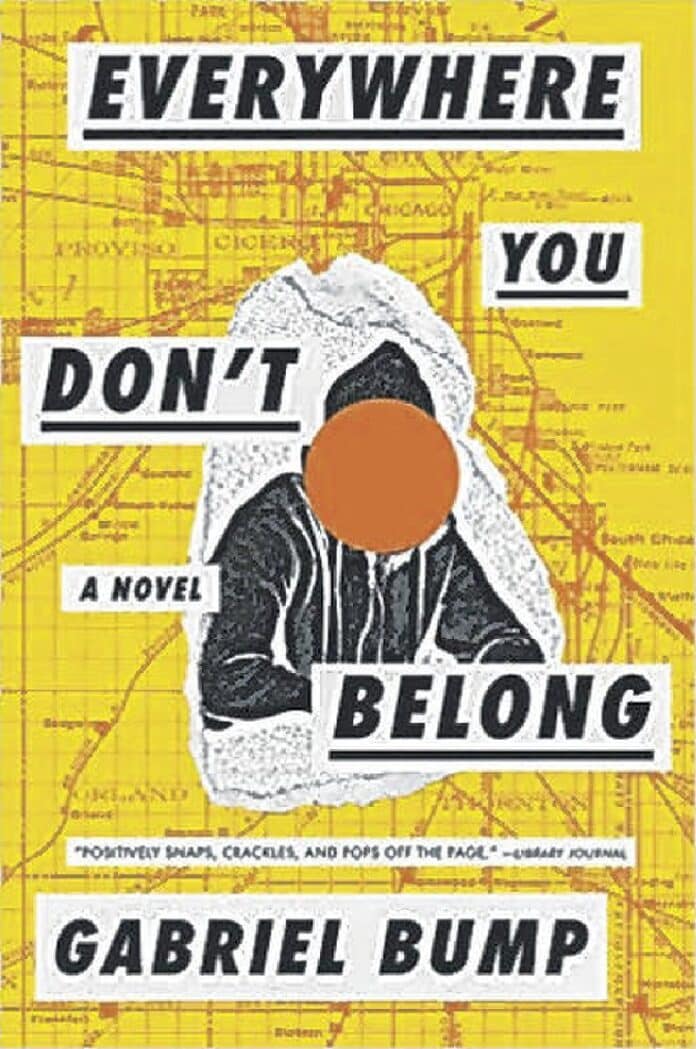AT THE LIBRARY
New items are available at the Hancock County Public Library.
The following items are available at the Hancock County Public Library, 900 W. McKenzie Road. For more information on the library’s collection or to reserve a title, visit hcplibrary.org.
Adult Fiction
“Everywhere You Don’t Belong,” by Gabriel Bump
In this witty and heartbreaking debut novel, Gabriel Bump gives us an unforgettable protagonist, Claude McKay Love. Claude isn’t dangerous or brilliant—he’s an average kid coping with abandonment, violence, riots, failed love, and societal pressures as he steers his way past the signposts of youth: childhood friendships, basketball tryouts, first love, first heartbreak, picking a college, moving away from home. Claude just wants a place where he can fit. As a young black man born on the South Side of Chicago, he is raised by his civil rights–era grandmother, who tries to shape him into a principled actor for change; yet when riots consume his neighborhood, he hesitates to take sides, unwilling to let race define his life. He decides to escape Chicago for another place, to go to college, to find a new identity, to leave the pressure cooker of his hometown behind. But as he discovers, he cannot; there is no safe haven for a young black man in this time and place called America.
Adult Nonfiction
Arabs: A 3,000-Year History of Peoples, Tribes and Empires,” by Tim Mackintosh-Smith
This kaleidoscopic book covers almost 3,000 years of Arab history and shines a light on the footloose Arab peoples and tribes who conquered lands and disseminated their language and culture over vast distances. Tracing this process to the origins of the Arabic language, rather than the advent of Islam, Tim Mackintosh-Smith begins his narrative more than a thousand years before Muhammad and focuses on how Arabic, both spoken and written, has functioned as a source of shared cultural identity over the millennia. Mackintosh-Smith reveals how linguistic developments — from pre-Islamic poetry to the growth of script, Muhammad’s use of writing and the later problems of printing Arabic — have helped and hindered the progress of Arab history, and investigates how, even in today’s politically fractured post — Arab Spring environment, Arabic itself is still a source of unity and disunity.





